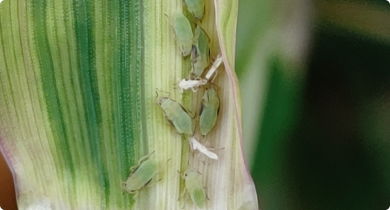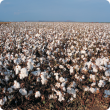Crops
The Department of Primary Industries and Regional Development continues to support the growth and international competitiveness of all crop industries in Western Australia.
With a 2400 kilometre span from its tropical north to its temperate south, WA supports a broad range of cropping industries from rain-fed winter cereals through to irrigated horticultural crops.
In the 2012/13 year the WA cropping industries exported a total of $3.9 billion which comprised: $3.1 billion of cereals, $859 million of pulses, pastures and oilseeds, $142 million of horticultural crops. The major contributors to these exports were wheat ($2.7 billion), canola ($756 million), barley ($377 million), lupins ($42 million), carrots at $48 million, oats ($12 million), and strawberries at $5.5 million.
Filter by search
Filter by topic
- (-) Remove Genetic modification filter Genetic modification
- (-) Remove Grains filter Grains
- Grains research & development (6) Apply Grains research & development filter
- Canola (5) Apply Canola filter
- Irrigated crops (3) Apply Irrigated crops filter
- Sowing (2) Apply Sowing filter
- Production & postharvest (2) Apply Production & postharvest filter
- Lupins (1) Apply Lupins filter
- Organic food & farming (1) Apply Organic food & farming filter
- Pulses (1) Apply Pulses filter
- Livestock & animals (1) Apply Livestock & animals filter
- Agribusiness Food & Trade (1) Apply Agribusiness Food & Trade filter
- Breeding & varieties (1) Apply Breeding & varieties filter
- Field peas (1) Apply Field peas filter
- Food & beverages (1) Apply Food & beverages filter
- Irrigation (1) Apply Irrigation filter








